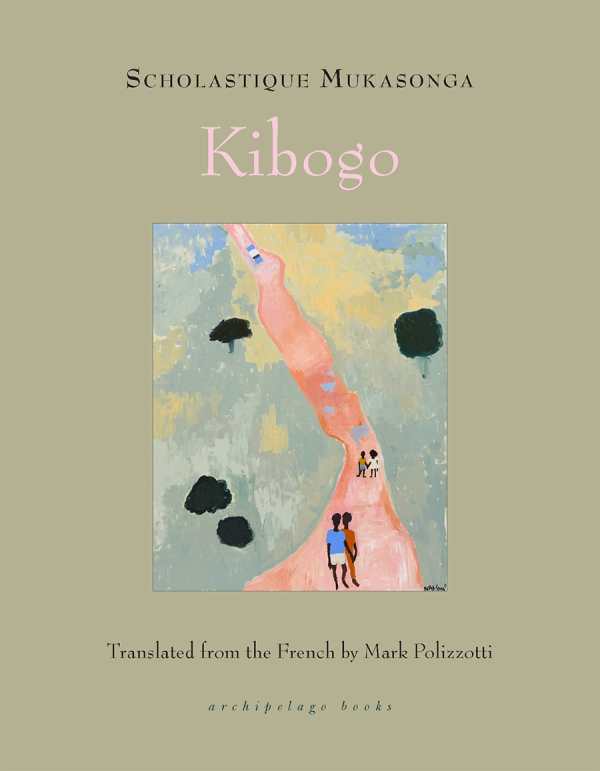Kibogo
Two outcasts from a troubled Rwandan village try to save their country in Scholastique Mukasonga’s novel Kibogo.
In the 1940s and 1950s, Rwanda faced numerous tragedies, including drought, famine, war, and continuing repression by colonialists and missionaries. This story begins in this context, and in a village beset by drought. Having received no practical help from the chief or priests, five old men dare to consult Mukamwezi, a pagan priestess who has been disowned by the community for her faithfulness to deified Kibogo, a self-sacrificing prince. Other stories grow out of this one, woven into a brilliant tapestry of superstition, oppression, and faith. With Akayezu, a defrocked seminary student, Mukamwezi becomes convinced that only Kibogo can save the village from destruction.
The stories of Kibogo, Mukamwezi, and Akayezu echo through the years, inspiring fear and rebellion in the villagers. Despite their many oddities, Akayezu and Mukamwezi share in their determination to protect their village from harm. They fight to maintain their traditions, to bring their own versions of salvation to others, and to survive. Christianity is now widespread in their village, but paganism and traditional beliefs still retain a grip on the locals’ imaginations, even among those whose entire lives revolve around spreading the word of Jesus. The story of Kibogo, in particular, resonates across generations, giving hope to the more rebellious villagers and frustrating European missionaries, who try to control them with their own myth-like stories of Jesus and the Virgin Mary. And in the end: what others might call objective fact has no place in a world governed by the all-encompassing power of stories.
Kibogo is a rich novel about how real people and events are transformed into legends, and how those legends empower the marginalized.
Reviewed by
Eileen Gonzalez
Disclosure: This article is not an endorsement, but a review. The publisher of this book provided free copies of the book to have their book reviewed by a professional reviewer. No fee was paid by the publisher for this review. Foreword Reviews only recommends books that we love. Foreword Magazine, Inc. is disclosing this in accordance with the Federal Trade Commission’s 16 CFR, Part 255.

